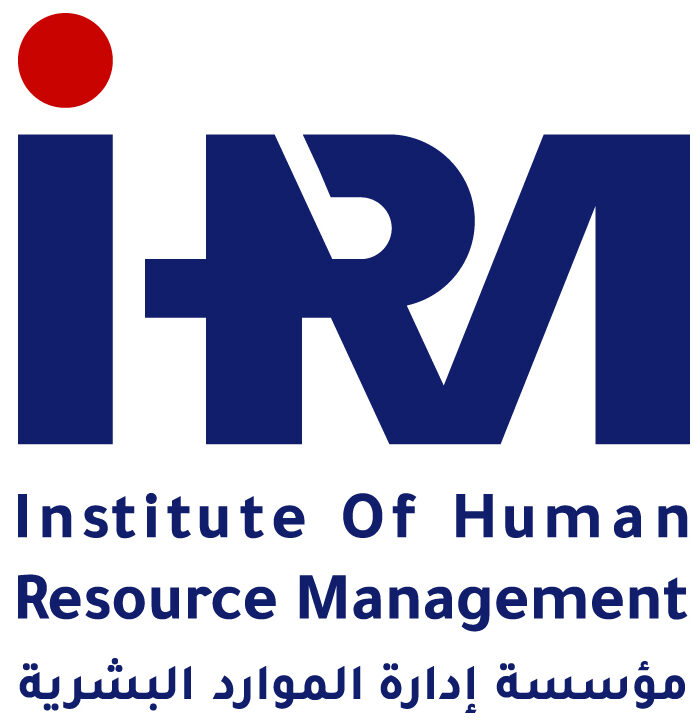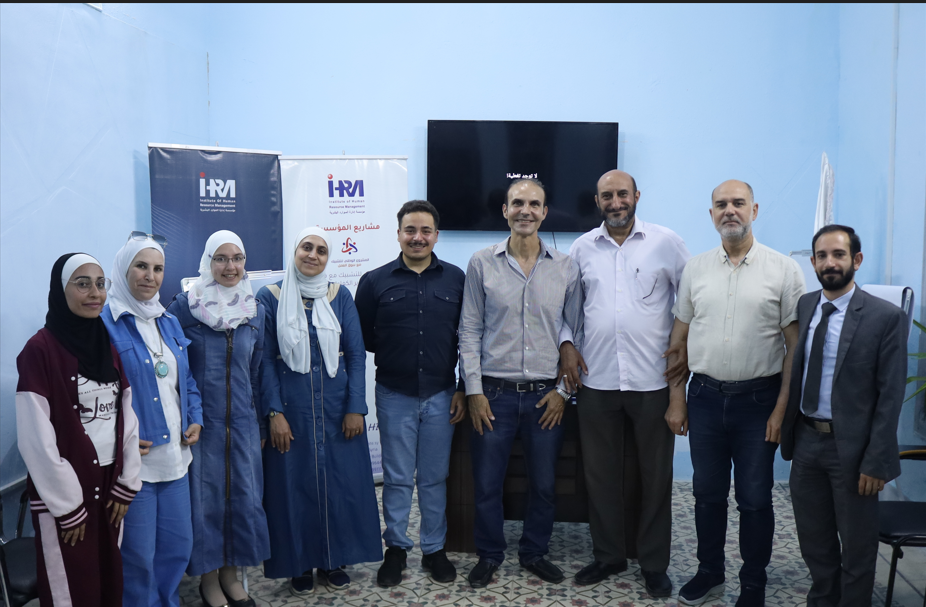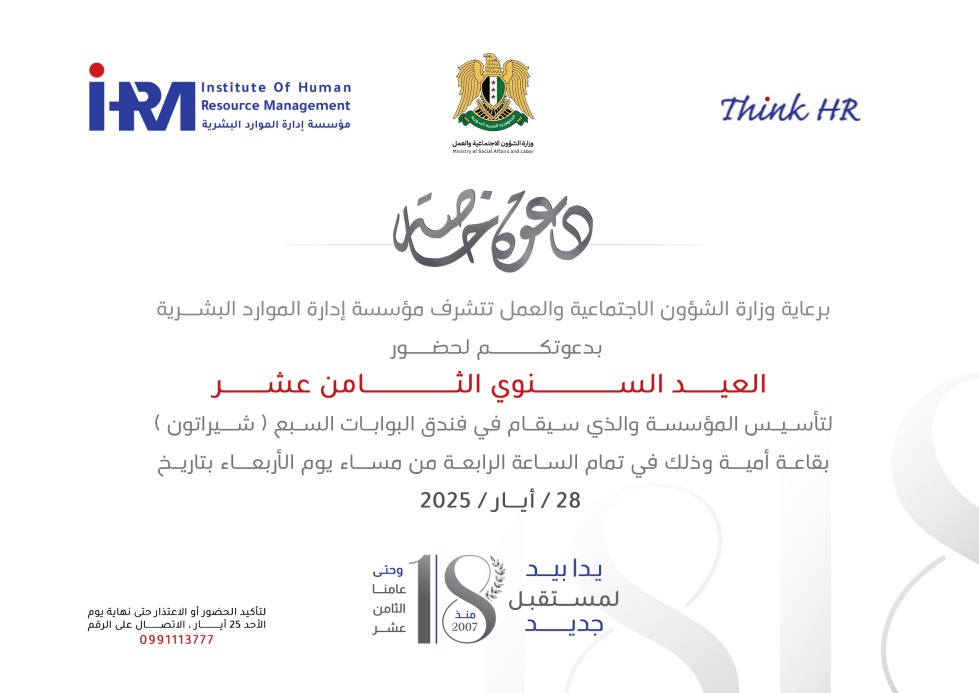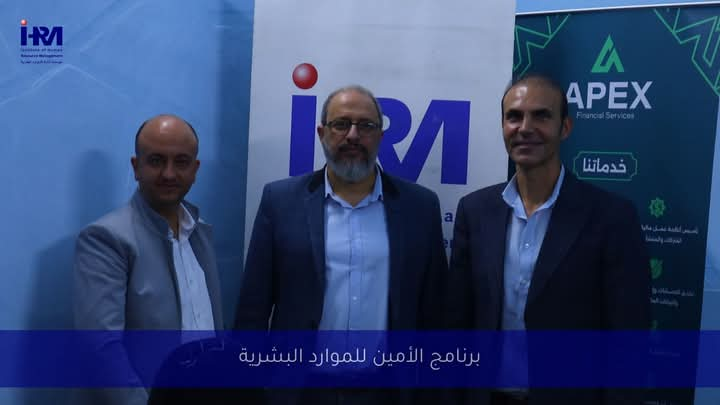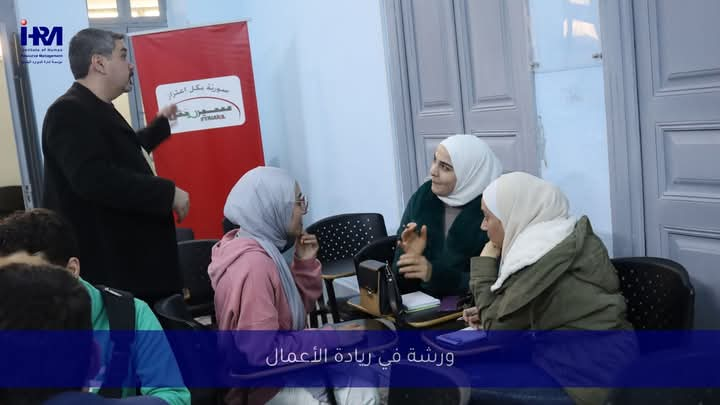“ISO 26000 – Social Responsibility” is arranging the work of the organizations that seek to contribute in the society in order to assure its sustainability and make social responsibility a part of the organization’s ethics and a common job of its employees to take responsibility towards their societies.
IHRM held a roundtable meeting titled “ISO 26000 – Social Responsibility” in May 8th, 2013. The meeting was run by the member of the Syrian Scientific Society for Quality (SSSQ) – member of the National Committee of Social Responsibility (NCSR), Eng. Jerjes AlGhadban. The roundtable meeting was attended by IHRM members and friends who are the managers of HR Departments in the private, public and non-governmental organisations in addition to some interested people in HR in addition to the media.
IHRM president, Dr. Munir Abbas, spoke at the beginning of the roundtable meeting about IHRM eagerness to pursue the latest professional developments in the field of human resources. Therefore, IHRM devoted this roundtable meeting to talk about “ISO 26000 which is about the Social Responsibility” and this was coordinated with both, SSSQ and NCSR.
Dr. Abbas mentioned that the success criteria of organizations aren’t only profit; it is the contributions to the society which make organizations gain the support their societies. ISO 26000 is a tool that assists these organizations to organize their work in a manner that assure its sustainability, make social responsibility part of their ethics, and a common part of the job of their employees. The president of IHRM emphasized that quality is not limited to for-profit-organizations, but includes non-governmental and governmental organizations in order to pursue the development of their societies.
The president of SSSQ, Mr. “Suliman Attieh”, mentioned in his speech that social responsibility is the only standard that doesn’t require a certificate and organizations that are convinced in social responsibility follow the guidebook of ISO 26000. Those organizations submit a regular report to the International Organization for Standardization (ISO) on their practices regarding human rights or equal employment opportunity, and most importantly, to submit these reports to the government since this benefits the local society as a whole and the environment.
AlGhadban stressed the importance of ISO 26000 for organizations in their continuous efforts to build a continual success through following ethical behaviors characterized by honesty, justice, and integrity (e.g. not doing two accounting recordings, not discriminating between employees, and adherence to the organizations’ values which orient their decisions and activities) due to the awareness of organizations to the benefits resulted from following ethical behaviors.
Since the role of the organization is currently not merely provide goods and services that satisfy the consumer, as “AlGhdban” mentioned, but organizations have to save the environment and satisfy all concerned stakeholders and the needs of the society in order to achieve the standards of sustainability.
“AlGhadban” concluded that there are many benefits of following ISO 26000 such as achieving competitive advantage, a good reputation among its customers, in addition to increase the ability of the organization to choose the good employees, retain and motivate them. Moreover, it is increase the ability of the organization to gain the loyalty of customers. Finally, it improve the relationship between the organization and other organizations, either governmental, non-governmental, or private in addition to the media
